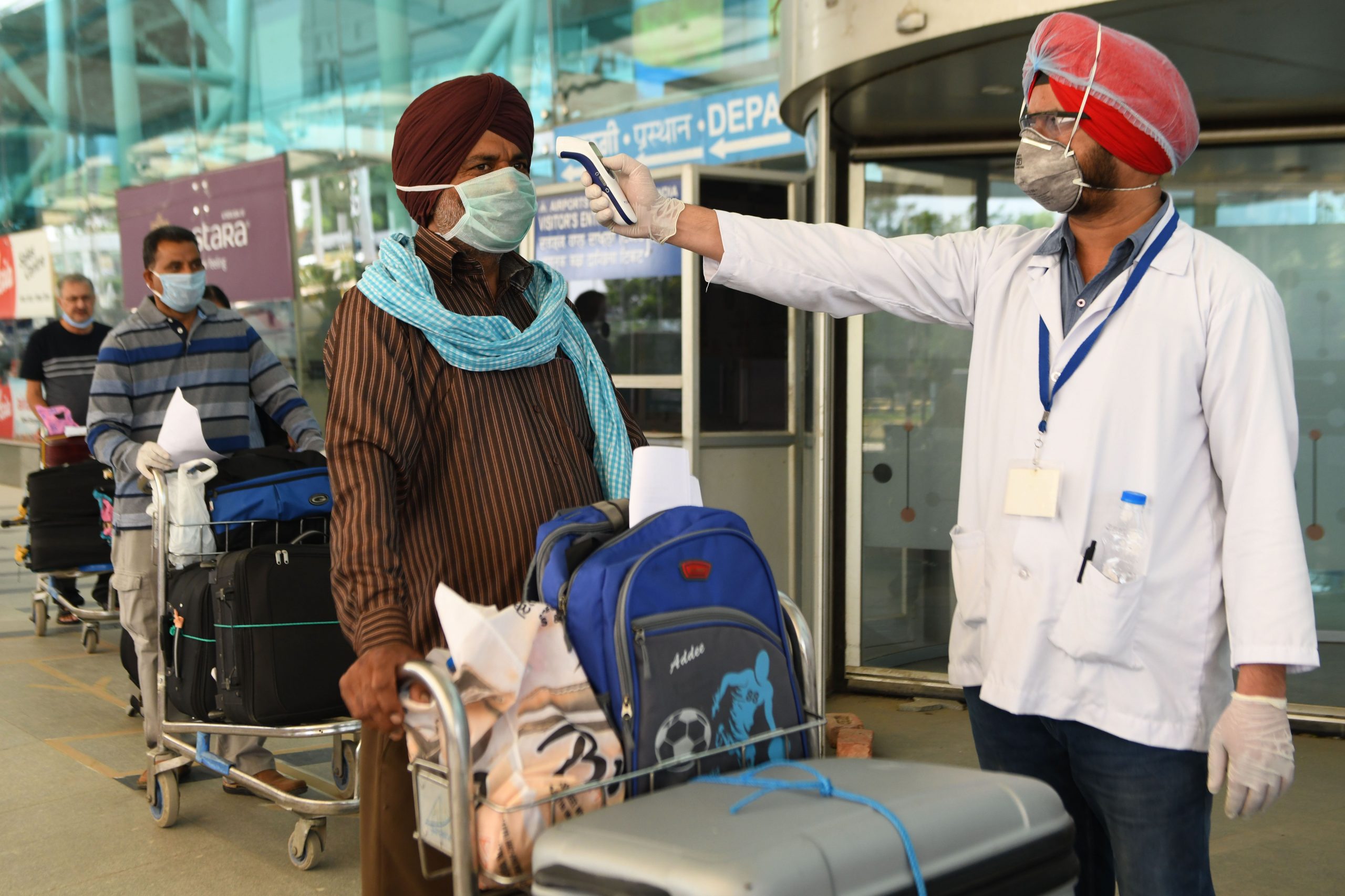- Wednesday, April 24, 2024

By: Amit Roy
Business barriers remain despite change in India’s travel status, says analyst
THE UK government’s decision to move India from the red list of countries to amber will help UK-India bilateral trade and business – but more needs to be done to reduce the barriers.
This is the view of Anuj Chande, head of the South Asia Group for Grant Thornton UK, whose firm monitors the activities of Indian companies in its annual India in the UK tracker report.
“The move to amber for business between the two countries is a positive step – but not entirely,” he summed up.
Health secretary Sajid Javid said last week that changes to the travel lists were “based on the latest data and expert public health advice”.
Meanwhile, Virendra Sharma, the Labour for Ealing Southall, alleged British Indians were treated very badly when India was placed on the red list on April 23. He has written angry letters to prime minister Boris Johnson.
Sharma said 35 per cent of his constituents were of Indian origin, but that he received emails from every part of the country: “I represent every Indian living in the UK.”
He did not challenge the UK government’s decision to put India on the red list because a surge in Covid cases made that outcome inevitable, but the Labour MP did question the need to make it compulsory for British Indians returning home to quarantine in hotels for 10 days at a cost of £1,750.
“Many of them were trapped in India when it went on the red list,” recalled Sharma. “They were treated like criminals. They said, ‘Why should be quarantine in hotels at a cost of £1,750 when my house is five miles away?’”
The treatment of students coming from India was equally woeful, said Sharma.
“They were told to quarantine in hotels when they were already paying for student accommodation,” Sharma pointed out.
He reckons the whole set up was a money-making exercise: “It was a con.”
Chande, meanwhile, said so long as India stays on the amber list, barriers to doing business with India will remain. He analysed the pros and cons of moving India from red to amber with effect from 4am last Sunday (8).
Giving the business perspective, Chande said: “Only yesterday I was talking to a British Indian businesswoman who was expressing frustration at India still being on red stopping her going to India for business. Now she can go without worrying about having to quarantine when she returns, assuming she is fully vaccinated under the UK vaccine programme.
“However, for Indian nationals coming here, the relaxation from red to amber still means they have to quarantine at home or in their hotel where they are staying, even if they may have been double vaccinated in India. This is still going to deter travel and the necessary face to face meetings will still be difficult and are a slight impediment to business.
“Having said all this, we are all used the digital world and at Grant Thornton, we are still seeing the progress of business between India and UK, including mergers and acquisitions activity.”
Being on the amber list means Indian nationals will no longer have to quarantine in designated hotels for 10 days at a cost of £1,750, but they will still have to isolate at home or wherever they are staying for the same length of time. If they are staying at a hotel, they will have to bear the cost for 10 days when they cannot have face to face meetings.
Passengers will have to undergo a Covid test three days before departure to show they are in the clear – and take pre-paid PCR tests on the second and eighth days after arrival.
These rules will have to be followed even if the arriving passengers have been double jabbed in India.
There does seem to be an element of discrimination involved because passengers from the US or the EU who have been double jabbed are exempt from having to isolate for 10 days.
For Indians resident in the UK, the rules are more relaxed. If they have had two doses of the vaccine in the UK, they do not have to isolate on returning to England after a visit to see family and friends in India or after a business trip. But they will be required to take a PCR test on the second day after arrival.
Transport secretary Grant Shapps said: “While we must continue to be cautious, the changes reopen a range of different holiday destinations across the globe, which is good news for both the sector and travelling public.”
There was pressure for India to be taken off the red list, for example, from the foreign secretary, Harsh Vardhan Shringla, during a visit to London.
Johnson was attacked for not putting India, where the delta variant of the virus was first identified, earlier than April 23.
Yvette Cooper, the Labour MP who chairs parliament’s Home Affairs Committee, criticised the delay in putting India on the red list.
“They should have put India on the red list at the same time as Pakistan and Bangladesh. Since then, we’ve had this three-week period in which thousands of people have returned from India and that probably includes hundreds of the new variant Covid cases,” she said at the time.
The Department for Transport has warned there remains the risk that India will be put back on the red list should the country suffer another surge in Covid cases.